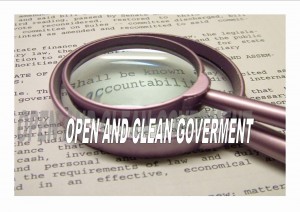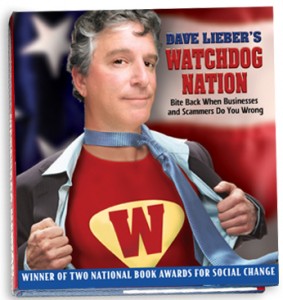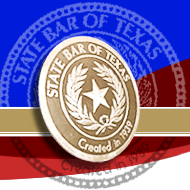Don’t fall off your chair when you hear this, but the Texas Legislature has enacted major changes in how Texans can monitor their local, county and state governments. These changes are for the better for both officials and the public.
Texas is the first state in the nation to create a new way to monitor the work and deliberations of government officials. Each government, whether it be city council, school district, county commissioners court or a state agency, is now allowed to create an Internet message board where officials, both elected and appointed, can publicly discuss government business away from officially called meetings.
But there’s one caveat. The public now has a right to listen in, or rather read, what’s being said.
In the past, it was illegal for government officials to discuss either in person, by phone or electronically the people’s business outside of a posted public meeting. Not to say that they didn’t do it, but they weren’t supposed to.
The new law that takes effect Sept. 1 states that governments can create a message board and place it prominently on their website. Officials can write back and forth, even deliberate with one another.
In another change that has already taken effect, any official who can’t be present for a public meeting can now video conference in and be considered part of a quorum — as long as the public can watch, too.
Picture this: Councilwoman A is away on business during the night of a council meeting. So she sets up her iPad in her hotel room and still participates. The government shows her image on a big screen in the meeting room. Councilwoman A is there, virtually.
A third big change coming Sept. 1 is that text messages, emails and other electronic messaging from either public or private accounts between elected officials will officially be part of the public record.
If two school board members text each other during a meeting about how they intend to vote, anyone has the right to request access to those messages. If they’re not handed over, that’s a violation of the state public information act.
As part of this new law, when governments outsource government services to outside vendors, communications with those vendors are now public, too.
“This was a really good session for transparency,” says Donnis Baggett of the Texas Press Association. “Transparency was a buzzword for the session. For the most part, it was a breath of fresh air compared to past sessions.”
– – – – – – – – – – – – – – – – – – – – – – – –
More Watchdog Nation News:
Watchdog Nation Partners with Mike Holmes
America meets Watchdog Nation/Listen to Fun Radio Interview
Watchdog Nation Debuts New e-Book and Multi-CD Audio Book
– – – – – – – – – – – – – – – – – – – – – – – –
The idea for the first-in-the-nation message board came from Republican Attorney General Greg Abbott and Democratic state Sen. Kirk Watson of Austin.
How public officials use the message board, if they create one, remains to be seen. Will they actually engage in frank discussions electronically in front of the public, or will they use the message board for propaganda purposes?
These new laws take the state’s open records and open meetings requirements into the 21st century, says Kelley Shannon, executive director of the Freedom of Information Foundation of Texas.
“The clear understanding is, if you’re performing governmental functions, no matter the device, it’s subject to the Texas Public Information Act,” says Laura Lee Prather, an Austin attorney who specializes in First Amendment issues and worked closely with lawmakers and open government advocates to get these bills passed.
Remember that to get this information, all you have to do is write a letter to a government body requesting it. There are a few exceptions for what’s available, but most government documents are yours for the asking. Sometimes you have to pay, depending on the request and the governmental body, and sometimes you don’t.
The state’s public information act is clear about who owns these records: you do. The preamble to the Texas Public Information Act states that public servants do not have “the right to decide what is good for the people to know and what is not good for them to know. The people insist on remaining informed so they may retain control over the instruments they have created.”
It’s our job to remind them of that. Now it’s a whole lot easier.
The new laws
Read the new open government laws at the Texas Legislature Online website, www.capitol.state.tx.us/. Search “Legislation” by bill number and use 83R, for the 83rd regular session.
SB 1368: Declares that electronic messages on public or private accounts are available through open records requests. Takes effect Sept. 1.
SB 1297: Allows governments to create an Internet message board for public officials to deliberate away from public meetings. Takes effect Sept. 1.
HB 2414: Permits video conferencing by officials unable to be physically present at a publicly called meeting. Has become law.
– – – – – – – – – – – – – – – – – – – – – – – –

Still here? Visit Dave Lieber’s other fun websites:
Personal: YankeeCowboy.com
Hipster site: DaveLieber.org








 \
\













